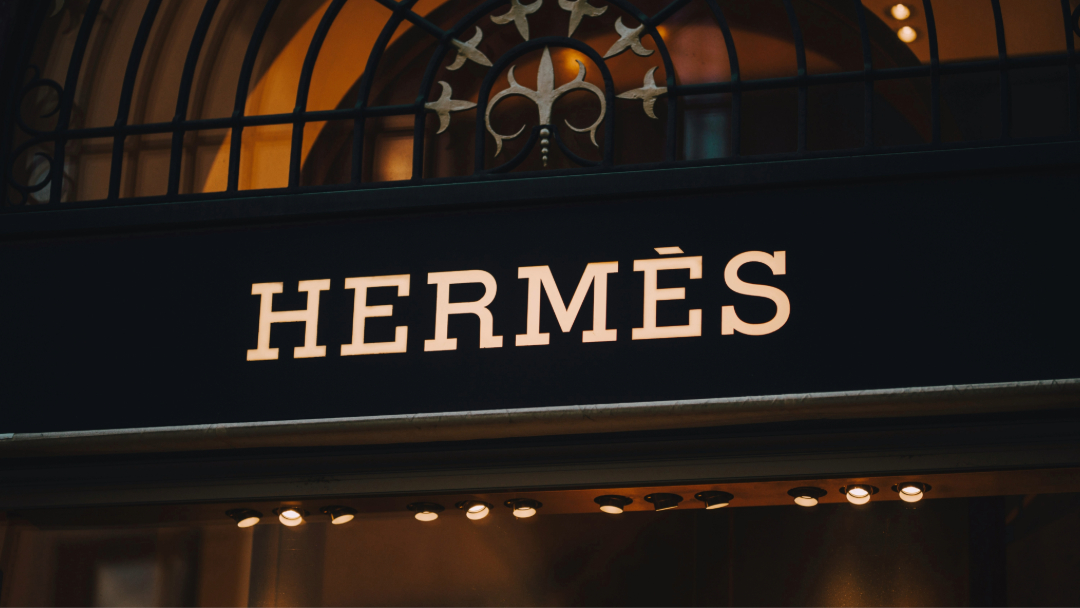There are some new kids in town, with a fresh outlook on luxury and what is expected of brands and services. Here, we reveal insights from a report deciphering this novel cohort on the rise.

There are some new kids in town, with a fresh outlook on luxury and what is expected of brands and services. Here, we reveal insights from a report deciphering this novel cohort on the rise.
There are some new kids in town, with a fresh outlook on luxury and what is expected of brands and services. Here, we reveal insights from a report deciphering this novel cohort on the rise.
Earlier this year, RTG Consulting Group released a report introducing an emerging luxury consumer, urging brands to take note and begin to endear themselves to this rising collective.
Generally defined as those born in the years ranging from the mid-1990s to the 2010s, China’s Gen Z is the first to have been born in a fully modern China, one where the majority are digitally interconnected. This native connectivity, and instant access to global information, is markedly different from previous Chinese generations, including Gen Y.
“ The report is a collection of sociocultural macro trends of China’s Gen Z ”
“Using a mixed methodology of quantitative, qualitative, and observational research, the report is a collection of sociocultural macro trends of China’s Gen Z, namely shifting from materialism to mindfulness, experimentation with conventional love , and redefining self-expression ,” said Marc-Olivier Arnold , head of RTG Consulting Group’s research and business consulting divisions.
Some of the key findings from this trend report include:
• 64.7% of Gen Z spend significantly more time interacting online with their closest friends vs. offline
• 61.9% of Gen Z believe that financial accomplishment is no longer the main signifier of success
• 72.1% of Gen Z do not object to same-sex marriage
• 94.4% of Gen Z claim that it is essential for brands to be sustainable and environmentally conscious
Here, we asked RTG Consulting Group for some further facts on what makes Generation Z the ones to watch.
“ Gen Z‘s interest in sustainability is in direct reaction to the stress induced by the hyperactivity of large metropolises ”
Why is this generation particularly interested in sustainability?
Gen Z‘s interest in sustainability is in direct reaction to the stress induced by the hyperactivity of large metropolises such as Shanghai, and more importantly the increased environmental degradation and contemporary urban lifestyle changes ,which is currently causing the increased genesis of modern diseases.
Additionally, Gen Z grew up in a world filled with excess, rapid acceleration of technological advancements, and constant change. This is a climate that has forced them to question the meaning and value of life itself. Striving for a better life, this generation is experiencing a spiritual awakening that enables them to appreciate the beauty that lies in simple moments of pleasure. They aspire to elevate everyday life to an “art-de-vivre”, intensifying daily pleasures while searching for meaning and quality.
They are also redefining happiness and success beyond individualism, whereby self-fulfillment should directly participate in collective well-being. Thus when they pursue their career, this generation will take a company’s social responsibility history into serious consideration as they see things bigger than themselves.
94.4% expressed that it is essential for brands to be sustainable and conscious of the environment.

What differentiates Generation Z from Generation X and Y?
We’ve noticed that the meaning of success is being redefined where career and financial achievement are no longer the main drivers. Our research shows that more than 62% of Gen Z already believe that "success no longer means financial wealth”.
Instead, there is an emerging “shift in mindset” where it is more about how you live your life that matters. Not only does this mean they want to live a multi-faceted and enriching lifestyle, but that they also see the value in taking responsibility for caring for the world and their environment [as mentioned above].
By doing so, Gen Z will advance a progressive attitude within which individuals are free to follow a diversity of paths or to forge their very own, and this is how this generation truly differentiates itself.
“ Understanding this new generation is a strategic imperative for any brand ”
What can luxury brands do to work towards endearing themselves to Generation Z?
This generation is standing ready to take over the reins and shape the future of the world. So understanding this new generation is a strategic imperative for any brand who seeks to build trust and a long-term relationship with consumers.
In our Gen Z trend report, we purposefully wanted to uncover insights into this new generation – their hopes, fears, and dreams – in order to foresee what will happen once they do inherit the world.
We are living in an era of unprecedented change that will accelerate even more in the years to come. Brands [luxury or not] that don’t acknowledge and respond to this reality are at risk of falling behind the competition, or even worse, becoming irrelevant.
“ It is evident that luxury will no longer be defined by superior materials goods, rather, experiences that empower ”
As digital natives, China’s Gen Z currently lives and breathes mobile. And so your approach must be inherently mobile, with the goal of becoming part of their digital lifestyle. This means offering engaging, meaningful and inspiring inspirational content as well as distinct experiences.
2 out 3 emphasised that their expectations of brands today is to “build genuine human connections”. Hence, it is evident that luxury will no longer be defined by superior materials goods, but instead experiences that empower this generation in their pursuit for self-expression and elevation.
To further investigate the Chinese luxury consumer on Luxury Society, we invite you to explore the related materials as follows:
– Luxury Target: The Rise Of Chinese Millennial Travellers
– Are You Reaching The Global Chinese Luxury Consumer?
– A Closer Look At Luxury Consumption In Asia










